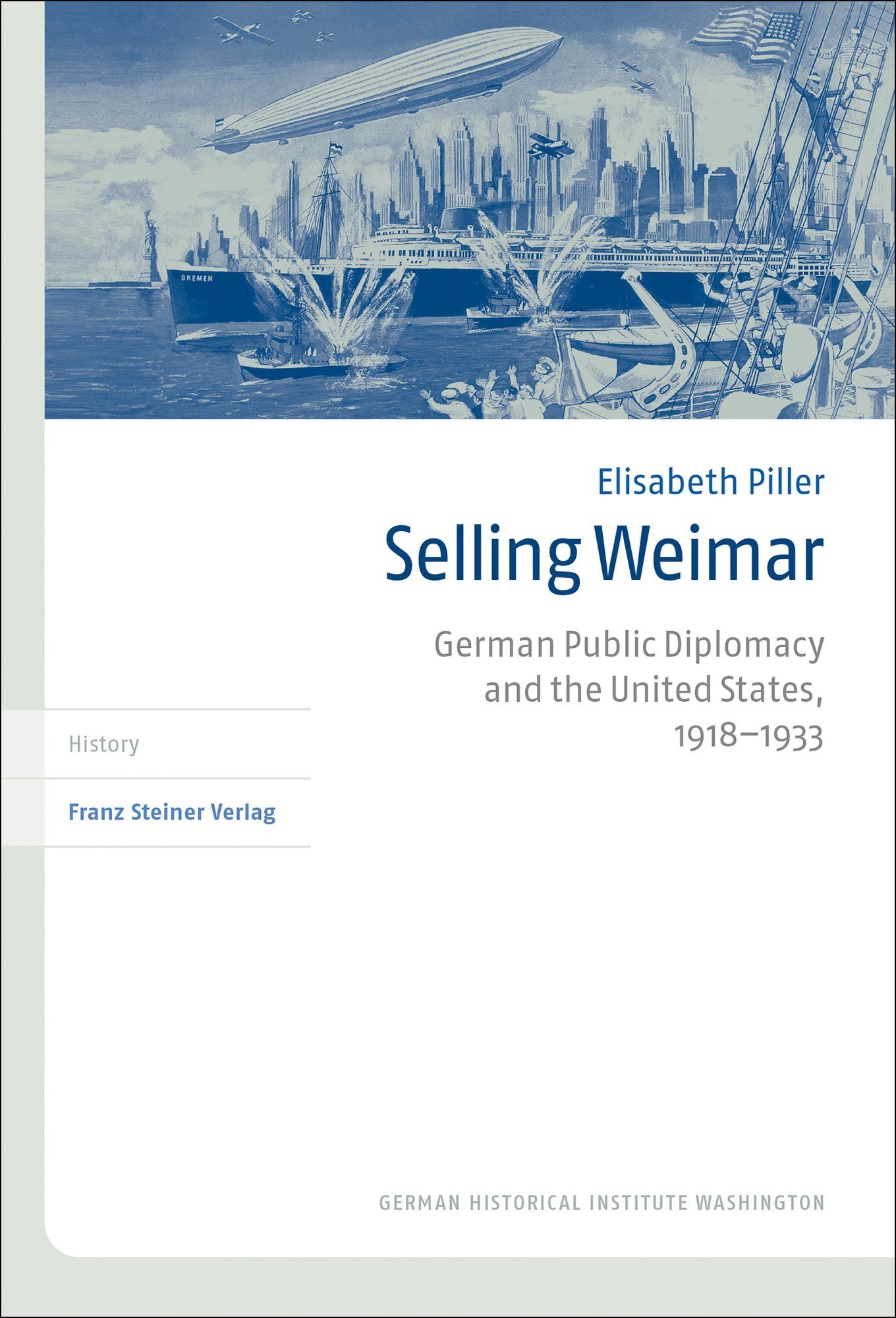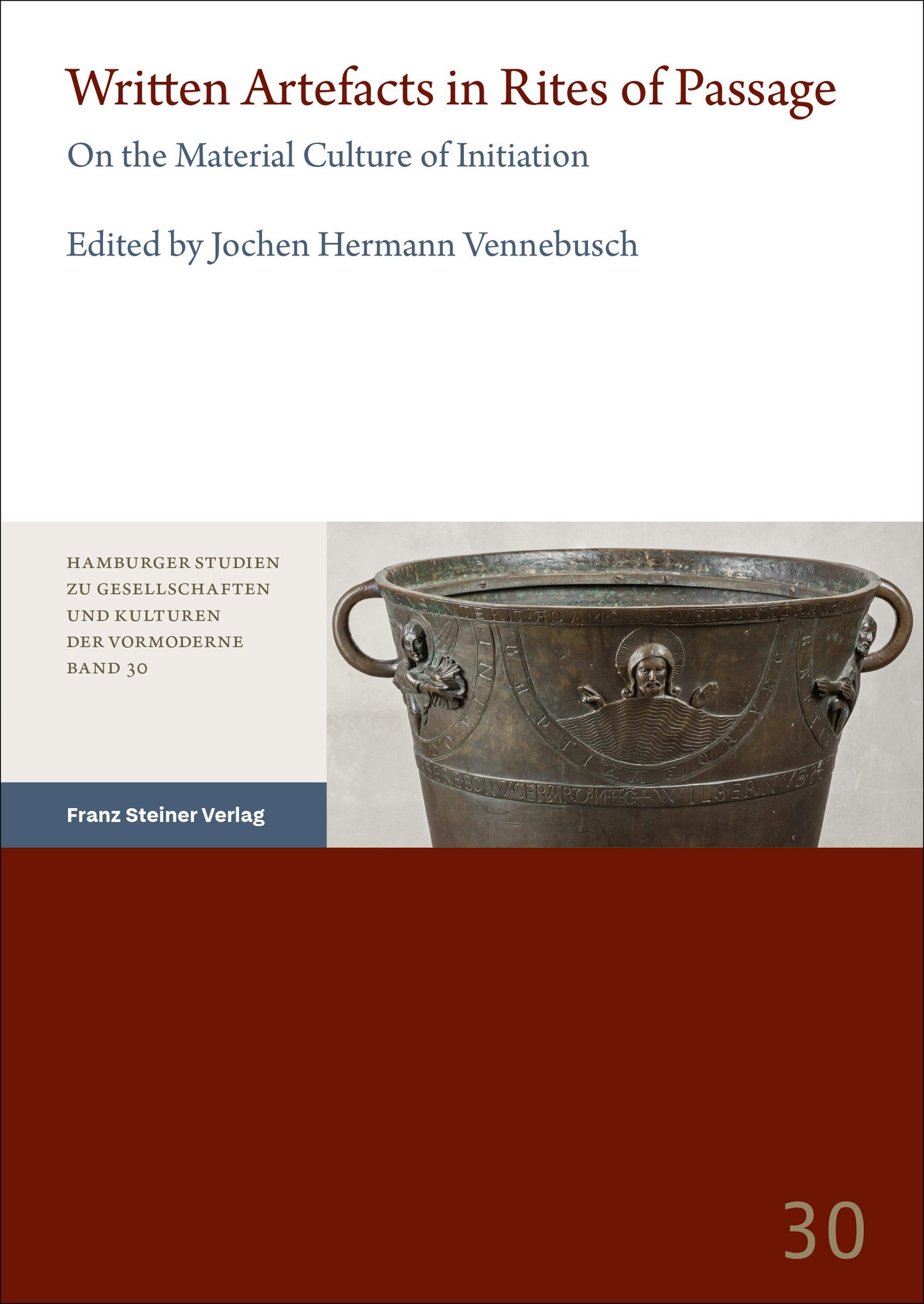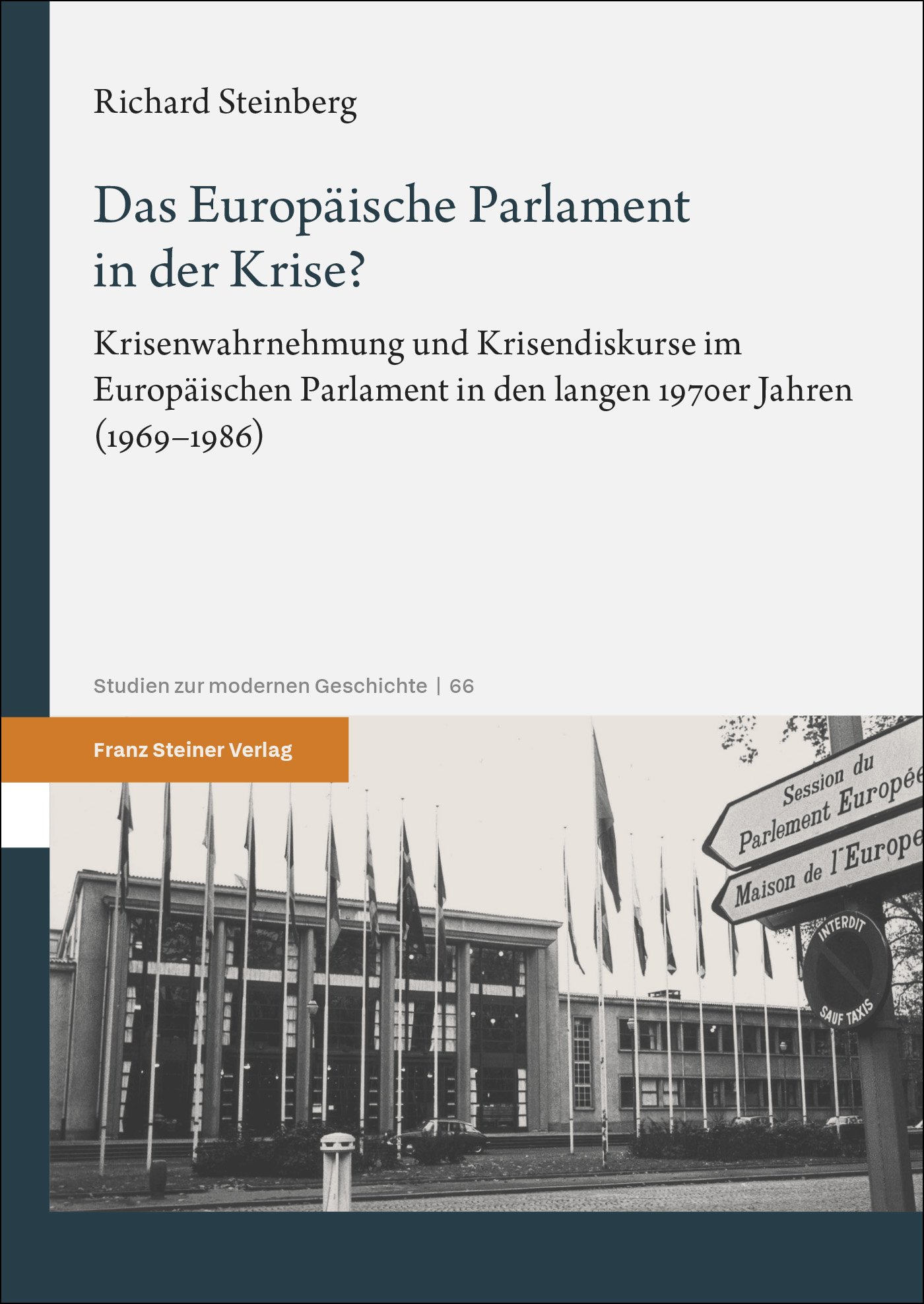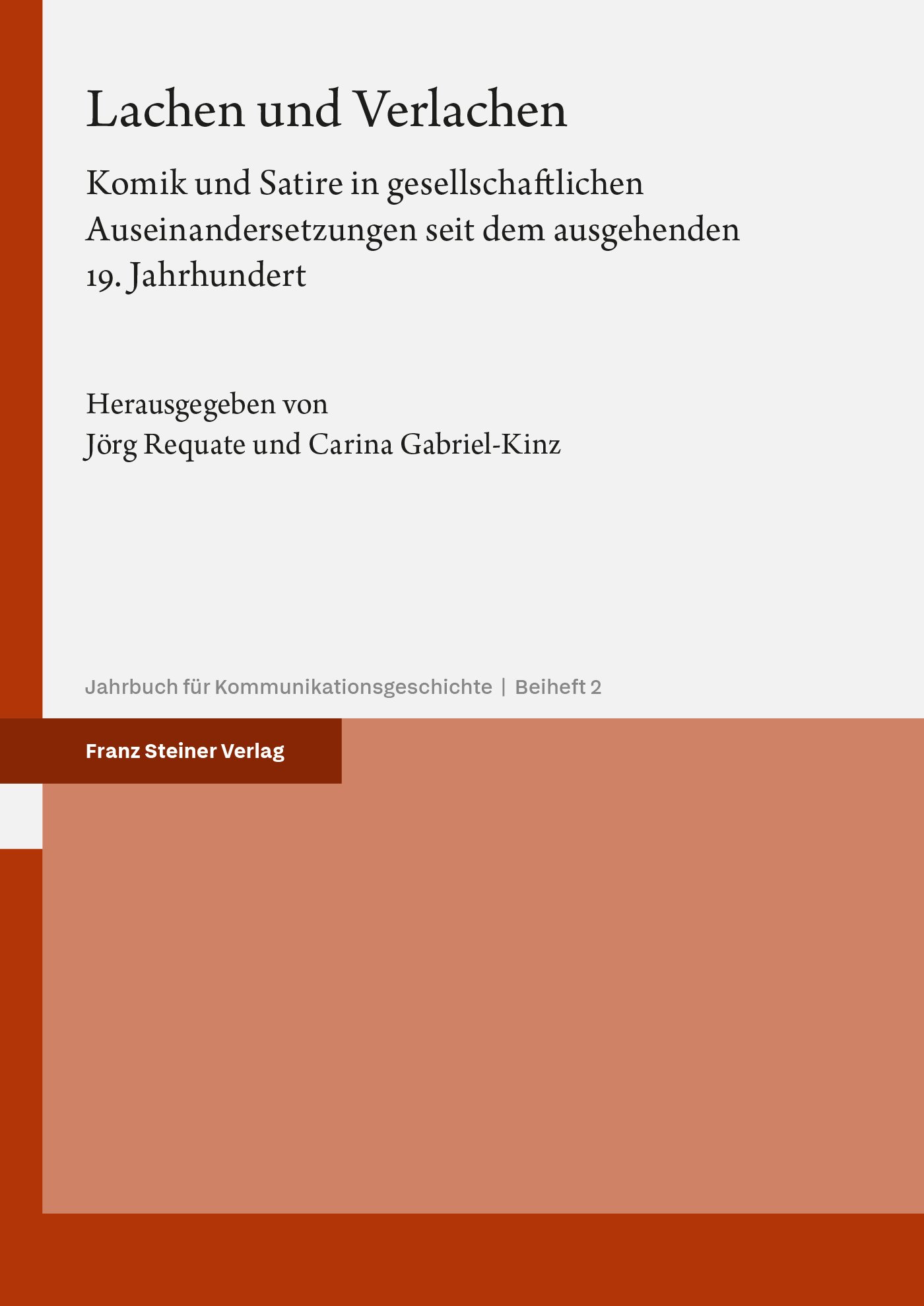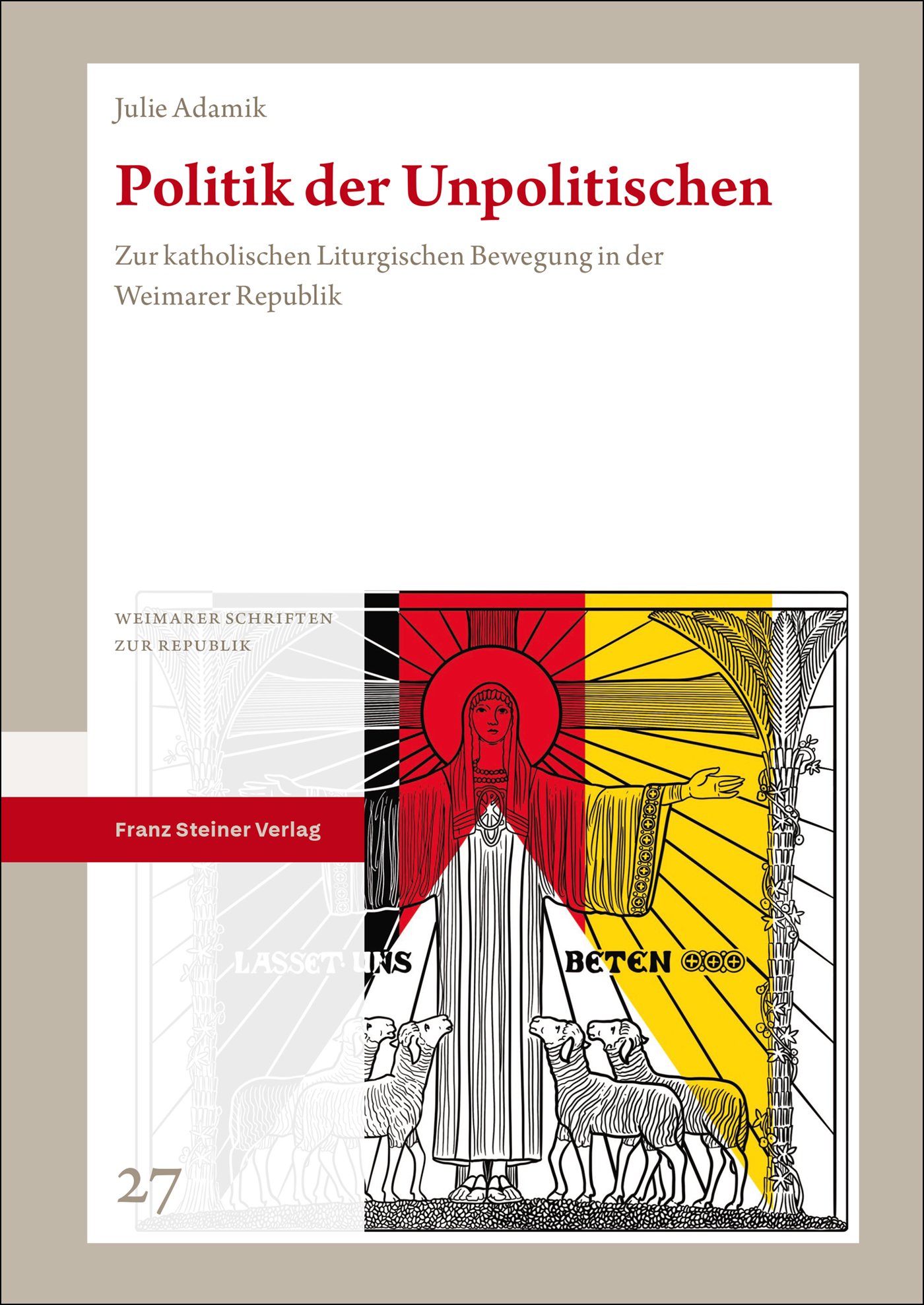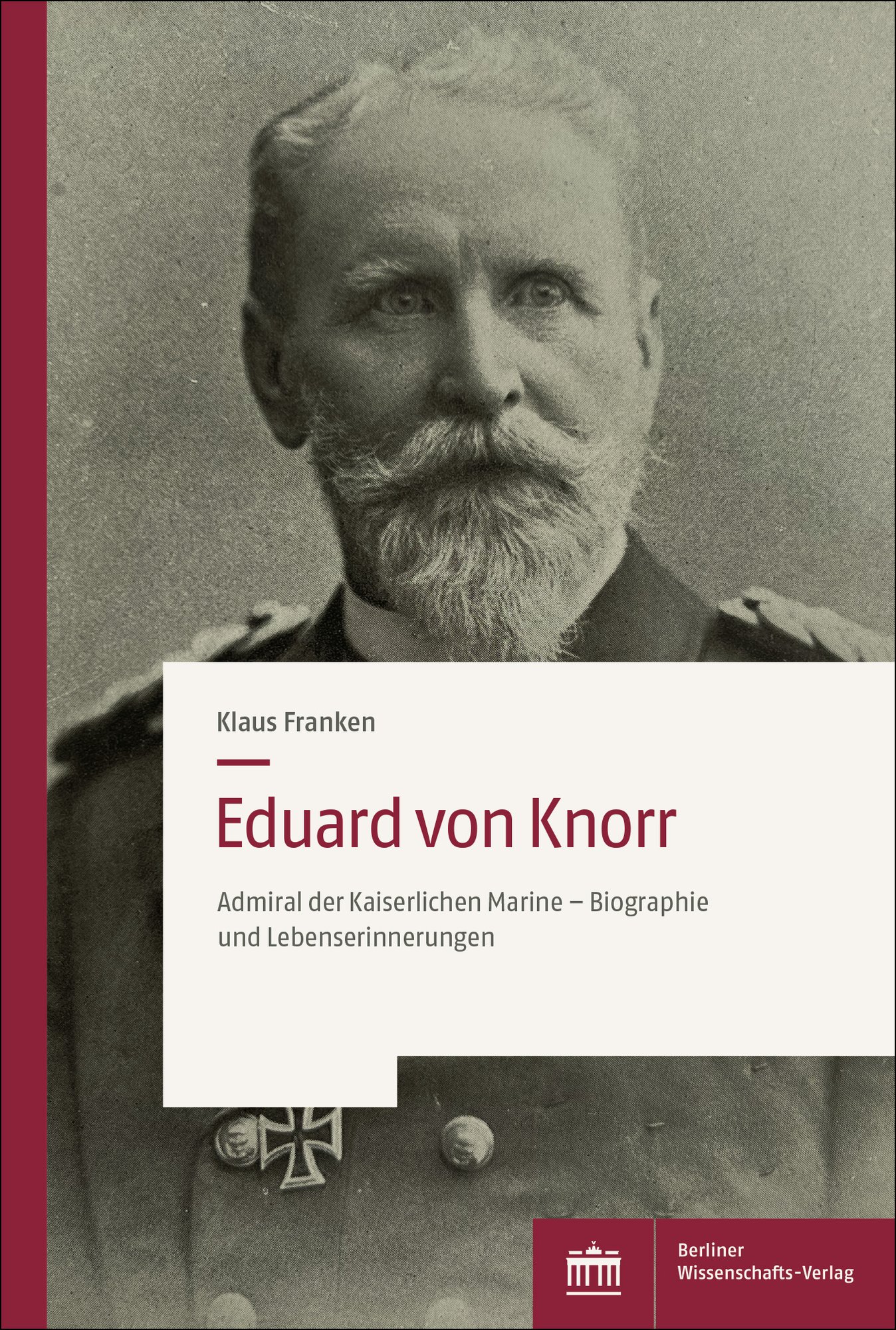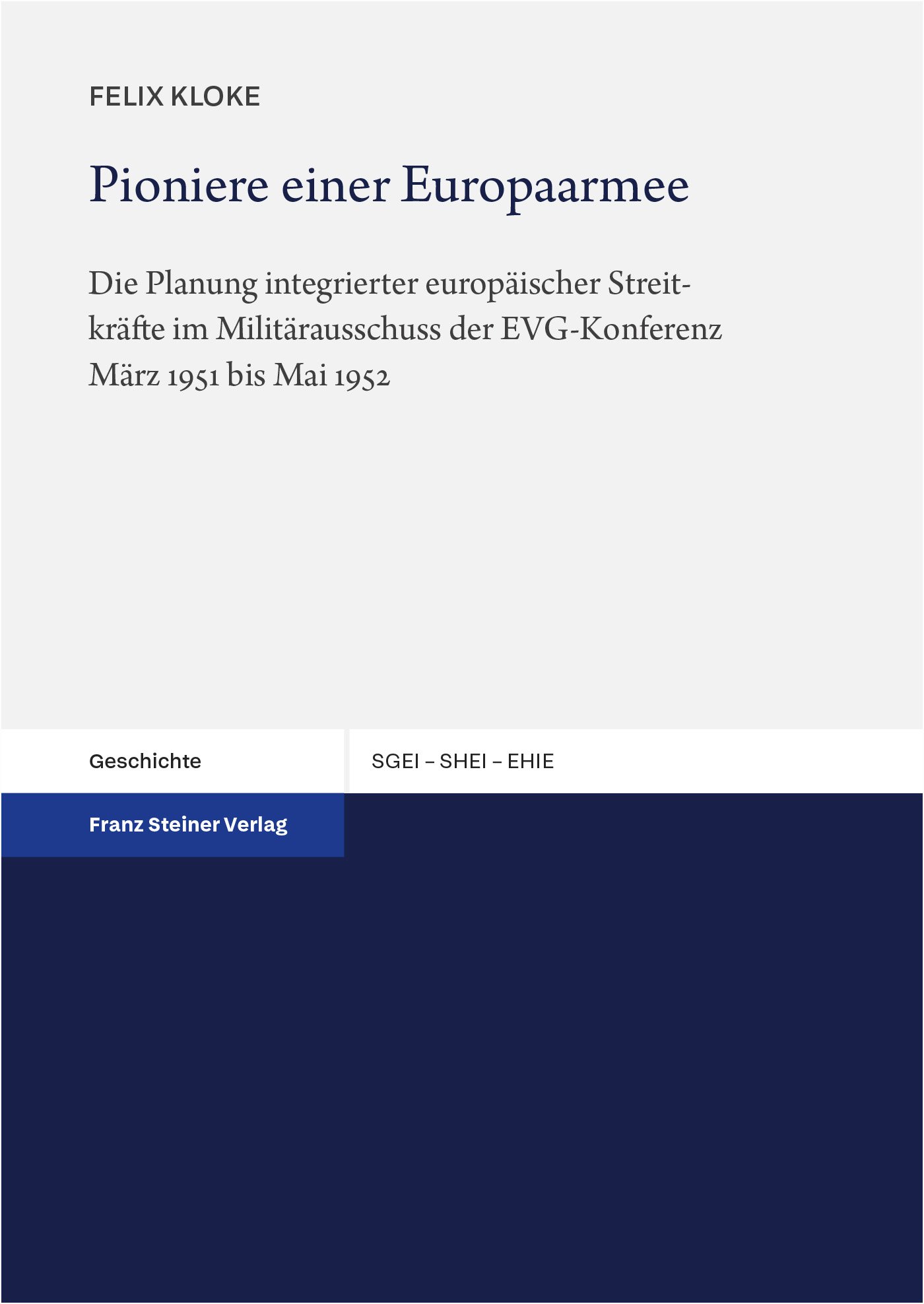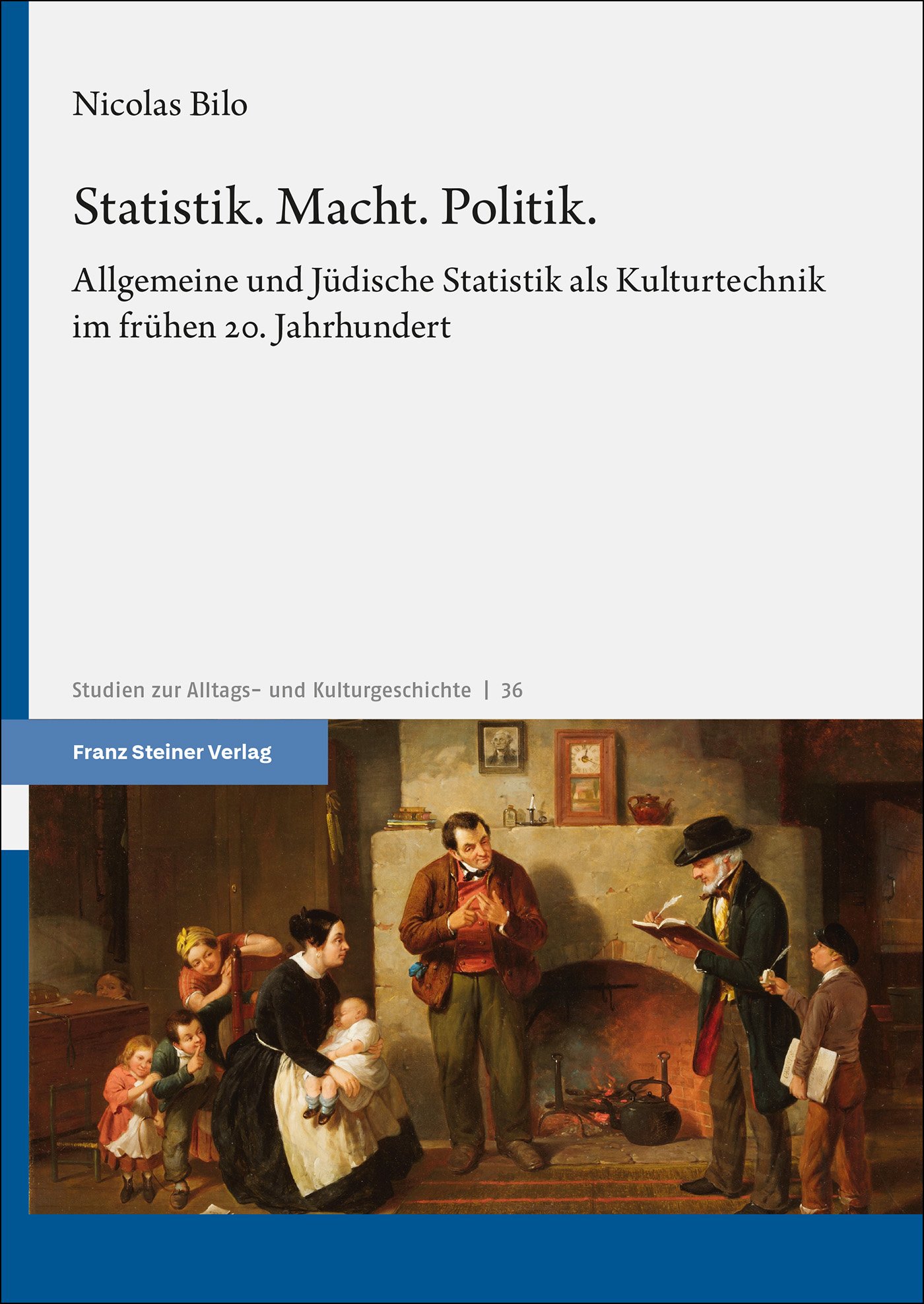Selling Weimar
Selling Weimar
Piller’s book breaks significant new ground, giving contours to a period in German cultural diplomacy that has drawn remarkably little attention.
William G. Gray, H-Diplo Roundtable 23,37 (2022)
In the decade after World War I, German-American relations improved swiftly. While resentment and bitterness ran high on both sides in 1919, Weimar Germany and the United States managed to forge a strong transatlantic partnership by 1929. But how did Weimar Germany overcome its post-war isolation so rapidly? How did it regain the trust of its former adversary? And how did it secure U.S. support for the revision of the Versailles Treaty?
Elisabeth Piller, winner of the Franz Steiner Preis für Transatlantische Geschichte 2019, explores these questions not from an economic, but from a cultural perspective. Based on extensive archival research, her ground-breaking work illustrates how German state and non-state actors drew heavily on cultural ties – with German Americans, U.S. universities and American tourists – to rewin American trust, and even affection, at a time when traditional foreign policy tools had failed to achieve similar successes. Contrary to common assumptions, Weimar Germany was never incapable of selling itself abroad. In fact, it pursued an innovative public diplomacy campaign to not only normalize relations with the powerful United States, but to build a politically advantageous transatlantic friendship.
Winner of the Transatlantic Studies Association/Cambridge University Press prize for the best book in transatlantic studies 2022.
Winner of the Franz Steiner Prize in Transatlantic History 2021.
"In her deeply researched, vividly illustrated history of cultural-diplomatic relations between Weimar Germany and the United States, Elisabeth Piller charts a new course in the history of transatlantic interwar diplomacy."
Victoria de Grazia, Columbia University
"This is a splendidly written and researched work of history, crossing any number of geographic and cultural borders. With much transatlantic verve, Dr. Piller has achieved a masterful synthesis of diplomatic, intellectual and cultural history."
Michael Kimmage, Catholic University of America
“Piller has written a fine book that reclaims an important part of the story of German-American relations. It is a significant historical work that deserves a broad readership on both sides of the Atlantic.”
Brian Etheridge, H-Diplo Roundtable 23,37 (2022)
“Elisabeth Piller takes a fresh look at German-American relations during the Weimar Republic and makes a compelling argument for the importance of taking culture seriously in the history of diplomacy.”
Charlotte A. Lerg, H-Diplo Roundtable 23,37 (2022)
“No comparably comprehensive study of Weimar's cultural relations with the United States exists. Piller has made a vast array of archival material available, an enormous achievement that will inspire further work on this neglected angle of German-American relations.”
Frank Trommler, H-Diplo Roundtable 23,37 (2022)
“No doubt, Selling Weimar will advance the discussion regarding the international cultural diplomacy along with the methodological take on both state and non-state archives.”
Jessica C.E. Gienow-Hecht, H-Diplo Roundtable 23,37 (2022)
“[An] exciting take on German public diplomacy in the United States in the interwar years. [...] Selling Weimar is a thoroughly researched and carefully written analysis of a relation that contributed to shaping much of twentieth-century geopolitics. [T]his book is an important contribution to transatlantic relations.”
Charlotte Faucher, European History Quarterly 51,4 (2021)
| Band | 60 |
|---|---|
| ISBN | 978-3-515-12851-3 |
| Medientyp | E-Book - PDF |
| Auflage | 1. |
| Copyrightjahr | 2021 |
| Verlag | Franz Steiner Verlag |
| Umfang | 432 Seiten |
| Abbildungen | 19 s/w Abb. |
| Sprache | Englisch |
| Kopierschutz | mit digitalem Wasserzeichen |
